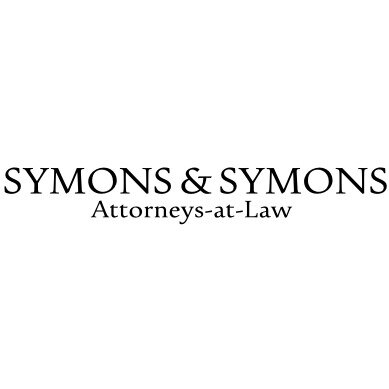Best Tax Lawyers in Cayman Islands
Share your needs with us, get contacted by law firms.
Free. Takes 2 min.
Or refine your search by selecting a city:
List of the best lawyers in Cayman Islands
About Tax Law in Cayman Islands:
Cayman Islands has a tax-neutral jurisdiction, meaning there is no direct taxation on individuals or corporations. The absence of income, capital gains, corporate, or inheritance tax makes Cayman Islands a popular destination for financial services and investment entities. However, there are still indirect taxes such as customs duties, stamp duties, and work permit fees that individuals and businesses may need to navigate.
Why You May Need a Lawyer:
You may need a lawyer in Cayman Islands for tax-related issues such as setting up structures to optimize tax efficiency, understanding and complying with indirect taxes, resolving tax disputes with local authorities, or handling international tax matters due to the jurisdiction's status as a tax haven.
Local Laws Overview:
Some key aspects of local laws relevant to tax in Cayman Islands include the Tax Information Authority Law, which governs the exchange of tax information with other jurisdictions, the Customs Law which regulates customs duties, and the Stamp Duty Law which imposes duties on certain transactions.
Frequently Asked Questions:
1. Are there any direct taxes in Cayman Islands?
No, Cayman Islands does not levy any direct taxes on individuals or corporations.
2. Do I need to pay any form of tax in Cayman Islands?
You may still be subject to indirect taxes such as customs duties, stamp duties, and work permit fees.
3. How can a lawyer help me with tax matters in Cayman Islands?
A lawyer can assist you in structuring your affairs to minimize tax liabilities, ensuring compliance with local tax laws, and representing you in tax-related disputes.
4. Are there any international tax implications for businesses operating in Cayman Islands?
Yes, businesses operating in Cayman Islands may need to consider international tax treaties and regulations when dealing with cross-border transactions.
5. Can I set up a tax-efficient structure in Cayman Islands?
Yes, legal professionals in Cayman Islands can help you set up structures that are tax-efficient and compliant with local laws.
6. How are customs duties calculated in Cayman Islands?
Customs duties are typically based on the value of imported goods and are regulated by the Customs Law in Cayman Islands.
7. What is the role of the Tax Information Authority in Cayman Islands?
The Tax Information Authority in Cayman Islands facilitates the exchange of tax information with other jurisdictions to prevent tax evasion and promote transparency.
8. Can I appeal a tax decision made by local authorities?
Yes, you have the right to appeal tax decisions made by local authorities through the appropriate legal channels.
9. Are there any exemptions or relief available for certain taxes in Cayman Islands?
Yes, there may be exemptions or relief available for certain indirect taxes based on specific criteria outlined in local laws.
10. How can I ensure compliance with tax laws in Cayman Islands?
Seeking advice from legal professionals who specialize in tax matters and staying informed about local tax regulations can help ensure compliance with tax laws in Cayman Islands.
Additional Resources:
For further information on tax matters in Cayman Islands, you can refer to the Tax Information Authority's website or consult with local legal firms specializing in tax law.
Next Steps:
If you find yourself in need of legal assistance for tax matters in Cayman Islands, reach out to reputable law firms with experience in tax law to discuss your specific situation and explore your options for legal representation.
Lawzana helps you find the best lawyers and law firms in Cayman Islands through a curated and pre-screened list of qualified legal professionals. Our platform offers rankings and detailed profiles of attorneys and law firms, allowing you to compare based on practice areas, including Tax, experience, and client feedback.
Each profile includes a description of the firm's areas of practice, client reviews, team members and partners, year of establishment, spoken languages, office locations, contact information, social media presence, and any published articles or resources. Most firms on our platform speak English and are experienced in both local and international legal matters.
Get a quote from top-rated law firms in Cayman Islands — quickly, securely, and without unnecessary hassle.
Disclaimer:
The information provided on this page is for general informational purposes only and does not constitute legal advice. While we strive to ensure the accuracy and relevance of the content, legal information may change over time, and interpretations of the law can vary. You should always consult with a qualified legal professional for advice specific to your situation.
We disclaim all liability for actions taken or not taken based on the content of this page. If you believe any information is incorrect or outdated, please contact us, and we will review and update it where appropriate.
Browse tax law firms by city in Cayman Islands
Refine your search by selecting a city.

















